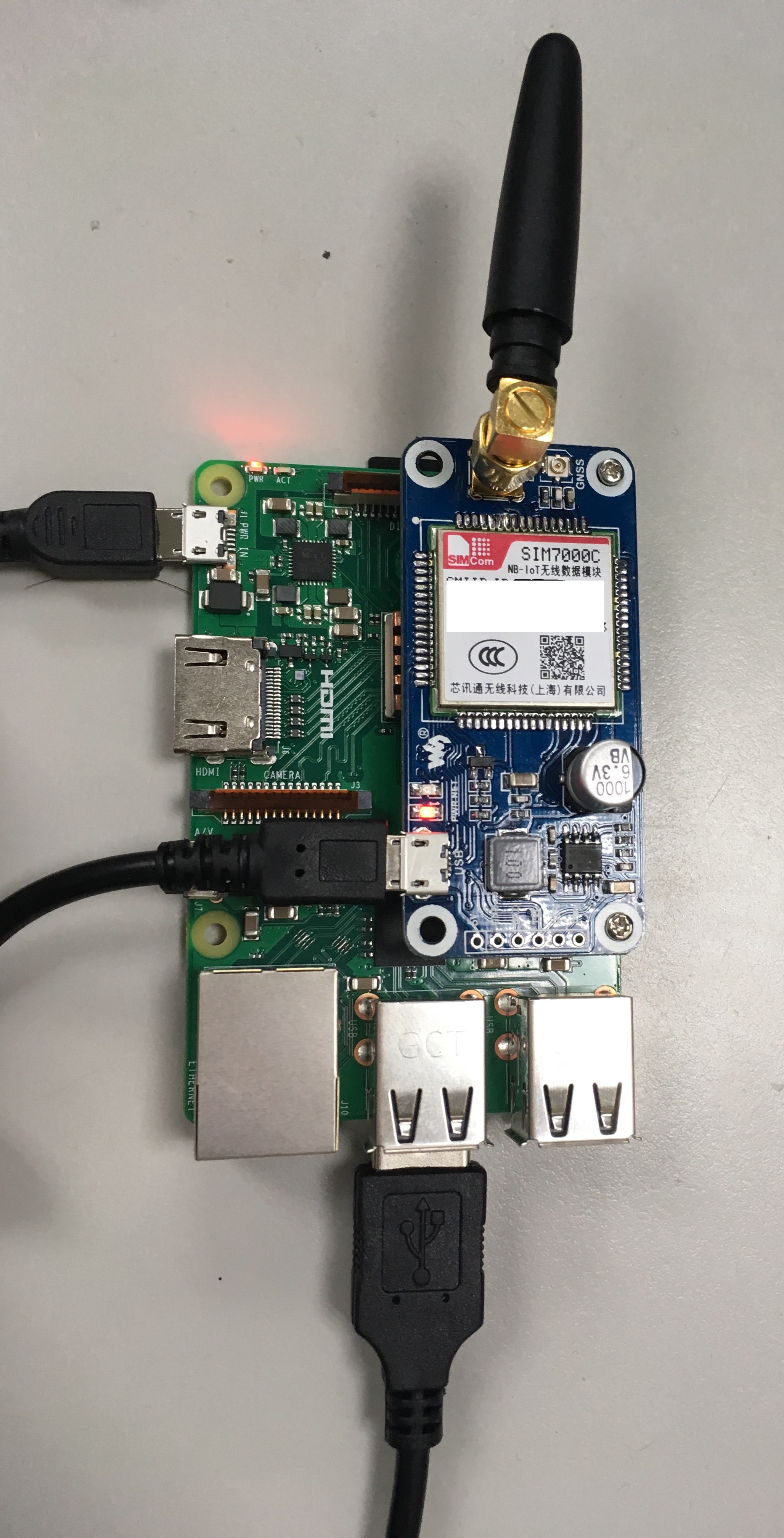In the ever-evolving landscape of the Internet of Things (IoT), the ability to remotely access and manage your devices is no longer a luxury; it's a necessity. Whether you're managing servers, running IoT projects, or simply wanting to control your smart home devices from anywhere in the world, secure remote access has become indispensable.
Understanding Remote IoT Networking
A remote IoT VPC network allows you to create a private network where your IoT devices can communicate securely without exposing them to the public internet. By leveraging tools like Raspberry Pi and AWS services, you can build a robust system that ensures both security and scalability.
Setting up a remote IoT VPC network using Raspberry Pi and AWS is a game-changer for modern technology enthusiasts. This setup enables you to unlock the full potential of your Raspberry Pi, accessing its capabilities from anywhere in the world without incurring hefty costs. The Internet of Things (IoT) has transformed how we interact with physical devices, making it possible to monitor and control them remotely.
Best Practices for Secure IoT Networking
When setting up a remote IoT VPC network, it's crucial to follow best practices to ensure security and efficiency. Here are some key considerations:
- Cryptographic Protocols: Use cryptographic network protocols to provide secure communication over unsecured networks. This ensures that data transmitted between devices remains encrypted and protected from unauthorized access.
- Secure Remote Access: Implement secure remote access mechanisms such as SSH (Secure Shell) to connect to your devices from outside the local network. This allows you to manage your IoT devices without compromising their security.
- Encrypted Data Transfer: Ensure all data transferred between devices and the cloud is encrypted. This prevents sensitive information from being intercepted during transmission.
Building an Internet-Connected Camera with Raspberry Pi
An excellent example of building an IoT project is creating an internet-connected camera using Raspberry Pi. This project involves setting up a camera module on your Raspberry Pi that takes pictures on a button press and uploads them to Amazon S3 storage. Such projects not only enhance your understanding of IoT but also provide practical applications in areas like home security and surveillance.
Scalability and Optimization
As your IoT network grows, scalability becomes a critical factor. A Virtual Private Cloud (VPC) in AWS acts as a virtual network dedicated to your AWS account, enabling you to launch AWS resources into a custom-configured network. This setup supports thousands of devices while maintaining performance and security.
If you plan to scale out using Docker containers, consider how each container will handle device communication. Properly configuring your VPC and optimizing network settings ensures smooth operation even when handling large numbers of connected devices.
Challenges in IoT Security
In an era where digital connectivity reigns supreme, can you truly afford to overlook the security of your IoT devices? Common challenges include protecting against unauthorized access, ensuring data privacy, and mitigating potential vulnerabilities. Addressing these issues requires a proactive approach to security, incorporating regular updates, strong authentication methods, and continuous monitoring.
Conclusion
The world of IoT offers endless possibilities for innovation and automation. By following best practices and utilizing powerful tools like Raspberry Pi and AWS, you can create a secure and scalable remote IoT VPC network. Whether you're a beginner or an experienced developer, exploring these technologies opens doors to exciting projects and opportunities.
Now, let's be honest—remote access isn't just a buzzword anymore; it's a necessity. Whether you're managing servers, running IoT projects, or just wanting to control your smart devices from afar, the right setup can make all the difference. With the right knowledge and tools, you can unlock the true power of IoT and take your projects to the next level.

